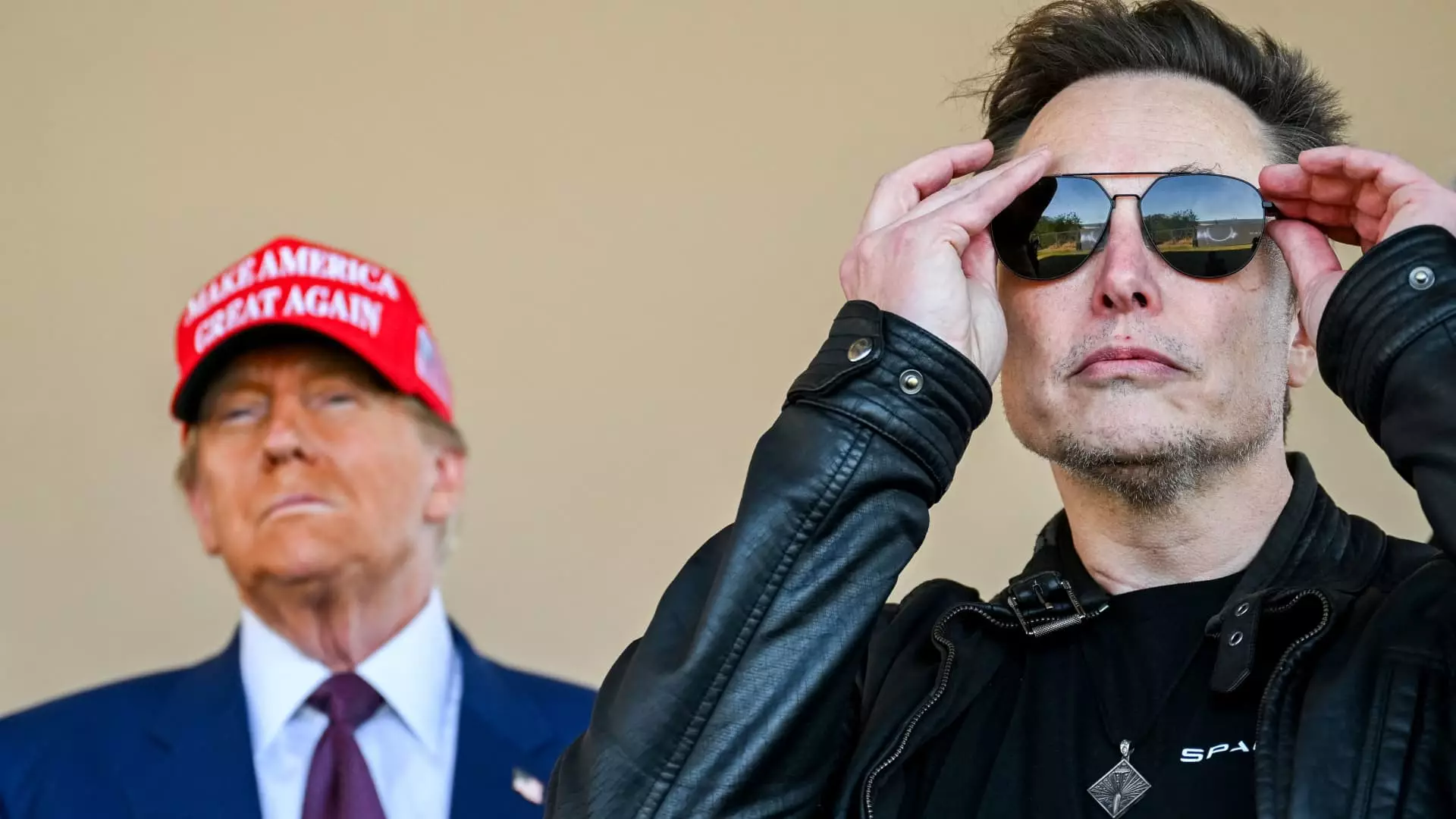On December 5, Elon Musk and Vivek Ramaswamy are set to visit Capitol Hill for discussions focused on government reform. Headlined by House Speaker Mike Johnson, this meeting signals an ambitious push by these high-profile entrepreneurs to reshape the federal landscape. Both figures have gained notoriety not just for their ventures in technology and biotech, but also for their controversial ideas regarding the function and structure of government.
The Concept of Government Efficiency
At the forefront of Musk and Ramaswamy’s agenda is the establishment of the Department of Government Efficiency (DOGE), an initiative positioned as a means to streamline regulatory frameworks and reduce bureaucratic overhead. With President Trump’s endorsement, the duo aims to provide insights to the White House Office of Management and Budget, potentially influencing how taxpayer dollars are allocated. Their ambition does not go unnoticed, as they have articulated a transformative vision that includes substantial cuts to the federal workforce and the consolidation of various federal agencies.
Musk and Ramaswamy’s proposed reforms include slashing funds for significant entities, such as the Corporation for Public Broadcasting and Planned Parenthood. In a recent op-ed published in the Wall Street Journal, they advocated for reallocating financial resources away from agencies deemed non-essential or unauthorized by Congress. Their suggestion to dismantle independent agencies like the Consumer Financial Protection Bureau exemplifies their desire to minimize government oversight in financial matters, often a contentious point in contemporary political discourse.
Despite their bold proposals, both entrepreneurs face considerable challenges in realizing their vision. Most of these initiatives will necessitate approval from Congress, where the Republican majority is fragile, potentially limiting the scope of their reforms. The lingering effects of the recent House races leave the GOP with one of its narrowest majorities in decades, complicating the execution of sweeping legislative changes. Moreover, any plan to displace federal workers from particular districts would likely encounter strong resistance from local representatives eager to protect jobs in their regions.
Implications for the Future
The meeting at Capitol Hill signals an encouraging reception towards Musk and Ramaswamy’s ideas; however, the road to substantial change will be far from straightforward. The dynamic between corporate innovation and political machinery opens up discussions on how deeply reform can penetrate governmental structures. The cautious optimism surrounding their visit may do little to alleviate the entrenched nature of bureaucratic resistance, exposing a fundamental tension between leadership charisma and legislative practicality.
The anticipated visit by Musk and Ramaswamy stands at the intersection of entrepreneurship and governance, proposing radical shifts in how government operates. While their aspirations hold the potential to meaningfully reshape federal policies, persistent obstacles and political realities may present formidable barriers to success. Time will tell if the strategies laid forth by these influential figures can translate into real transformative legislation or if they will remain mere concepts on a Capitol Hill agenda.


Leave a Reply